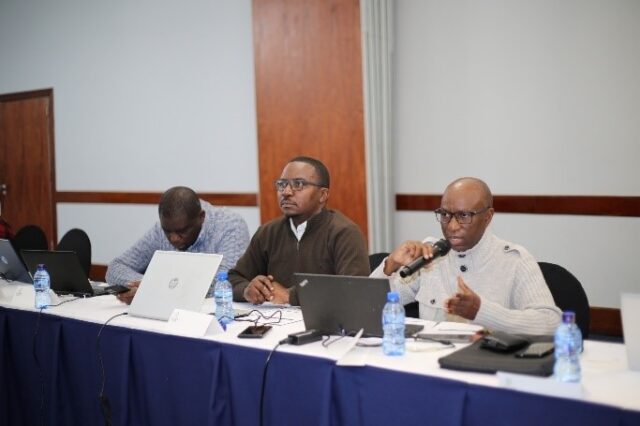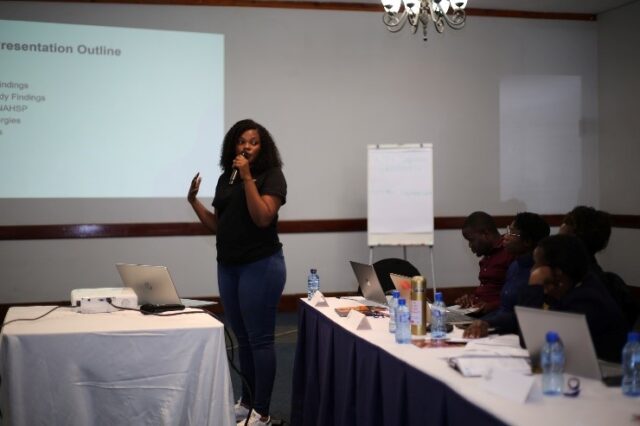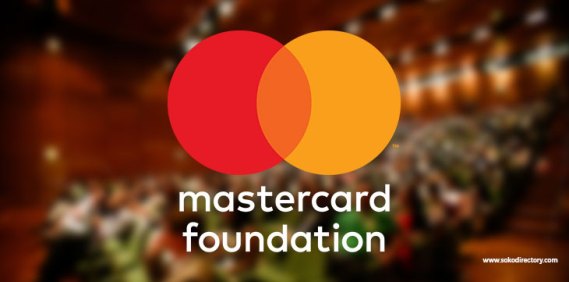In May this year, the Forum for African Women Educationalists of Zambia (FAWEZA), through the Make Way Project, convened a Technical Advocacy Dialogue on the implementation of the National Adolescent Health Strategic Plan (NAHSP). The high-level stakeholder meeting sought to reaffirm adolescent health as a national priority while strengthening collaboration toward a future where every adolescent regardless of gender, disability, or background is supported and included.

In his opening remarks, Mr. Costern Kanchele, Executive Director of FAWEZA and Make Way Zambia Coordinator, underscored the urgent need for inclusive and intersectional action to dismantle persistent barriers affecting adolescents, particularly girls, adolescents with disabilities, and other marginalized groups.
“We must act now, using evidence to guide real-time solutions,” he urged, calling on all sectors to accelerate efforts in advancing adolescent health and well-being.

The event, co-hosted by FAWEZA and the Cheshire Homes Society of Zambia (CHSZ), brought together key actors in adolescent health and education. Presentations shed light on implementation gaps and opportunities for stronger collaboration, including: Challenges faced by adolescents and persons with disabilities in accessing family planning services such as contraceptives and condoms- CHSZ. Intersectional Community Scorecard findings, revealing systemic and social barriers hindering young people’s access to Sexual and Reproductive Health and Rights (SRHR) services-VSO Zambia. Updates on SRHR and Comprehensive Sexuality Education (CSE) service delivery in Make Way programme sites, informed by on-the-ground assessments- FAWEZA.
The findings pointed to common challenges such as lack of confidentiality, discriminatory attitudes, and limited access to youth friendly services issues that disproportionately affect adolescents with disabilities.

The dialogue also engaged the Ministry of Health (MoH) and Ministry of Education (MoE), focusing on aligning research evidence with existing service delivery models. Stakeholders agreed on the need for inclusive, responsive, and effective adolescent health services that leave no young person behind.
This advocacy dialogue marked a critical step in reinforcing national commitment to adolescent health, ensuring that policies and programmes reflect the realities and voices of young people.



